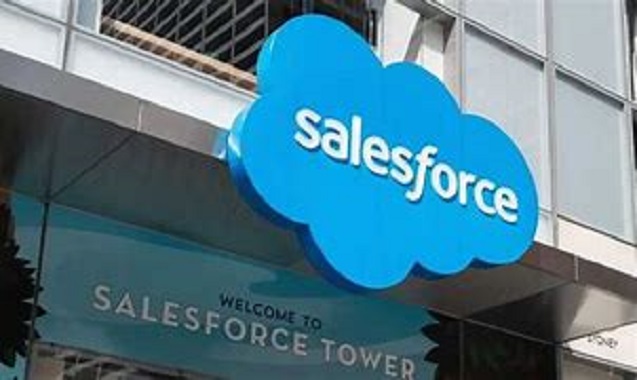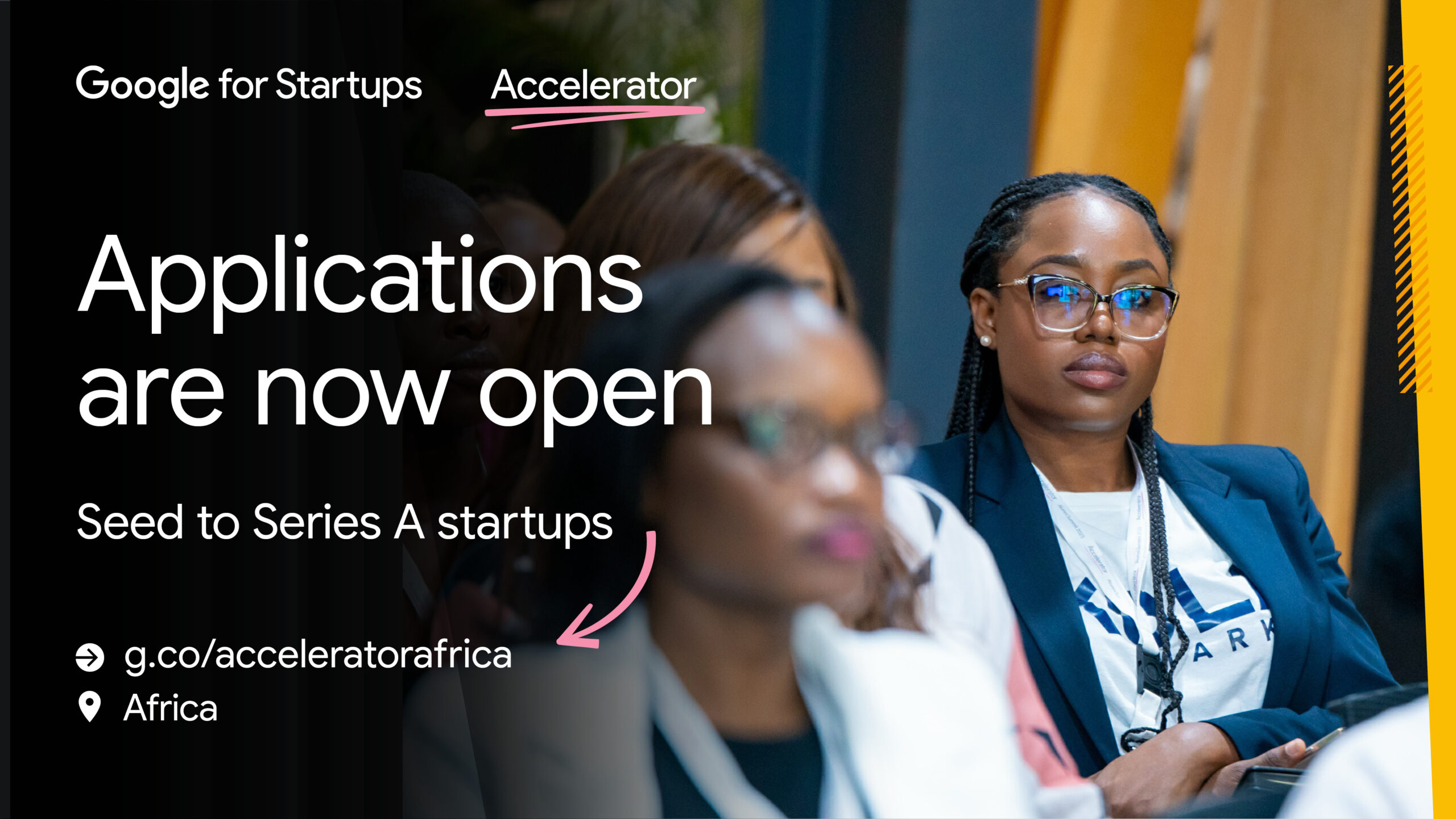Telecom
Subscribers, Operators @ War over Compensation for Poor QoS

Mixed reactions have greeted the Nigerian Communications Commission (NCC) ultimatum to telecommunications operators compelling them to articulate compensation plan for their subscriber before the end of January next year.
While the National Association of Telecommunications Subscribers (NATCOMS) doubted what might become the outcome of the ultimatum; the Association of Telecommunication Company of Nigeria (ATCON) called for concerted efforts to tackle the challenges that cause poor quality of service (QoS).
The NCC had at its fourth quarter industry consumer advisory forum in Abuja, said that it has set up a committee to look into how consumers would be compensated directly by telcos for loss of air time due to their inefficiencies.
This is perhaps a reaction to the agitation of telecoms subscribers that have never concealed their disgust at the current practice where the telcos are fined and payment made to the coffers of the Federal Government.
Commenting on the ultimatum, Chief Deolu Ogunbanjo, president, NATCOMS, doubted if the move would yield any positive result.
He told Nigeria CommunicationsWeek that subscribers are heavily shortchanged adding that, “We are in court and NCC as the regulator has always said that their mandate does not cover ordering the operators to compensate the shortchanged subscribers, except when there is total service disruption or service outage”
“We are still asking for a minimum of N10, 000 worth of compensation for every subscriber. We don’t know whether NCC will prescribe the amount to be paid by operators to subscribers on their networks or if it is the operators that will give us what ever they deem right; until we know that, we cannot say it has become a relief for the subscriber, if not, we will still fight on”. He added.
But, Engineer Lanre Ajayi, president, ATCON called for concerted efforts to tackle the lingering issues of quality of service provisioning.
“My opinion is that efforts should be focused on expanding the infrastructure base of the operators to accommodate more subscribers; because that is one of the ways networks are impacted. I may not give vivid answer on what the impact will be on the operators should NCC insist on the compensation, but I think it is better to tackle the challenges that cause poor quality of service,” Ajayi said.
Elsewhere, the NCC said the number of complaints has come down to about 40,000 from all over the federation per day.
It said through Dr. Okechukwu Itanyi, executive commissioner, Stakeholder Management at NCC, that the commission was working with operators to address infrastructure challenges that result in poor quality of service.
He added that there were enormous challenges in obtaining right of way, erecting base stations, power, vandalism, and robbery of generators and equipment.
Telecom
Salesforce Revolutionizes Business Intelligence with AI-Powered Tableau Next


Organisations today face a data paradox: they need to make fast, intelligent decisions but are overwhelmed by large volumes of often unreliable information. With over 75% of business leaders under pressure to prove data’s value, the demand for trusted, actionable insights has never been greater.
What is agentic analytics
Agentic analytics allows users to collaborate with AI agents to speed up the entire data-to-action process. Instead of relying on static visualizations, analysts can use AI to automate tasks like data preparation and ETL (extract, transform, load processes), freeing them to focus on deeper analysis. Business leaders can ask natural language questions and get instant, reliable answers along with recommended actions. This makes data-driven decision-making easier and more efficient, removing the need for technical expertise and manual effort typical of traditional BI tools.
- Automate repetitive data tasks like data cleaning, transformation, and visualization generation, as well as the execution of complex, multi-step analytical workflows within and across different business areas. This builds on Tableau’s strength in simplifying complex data for users.
- Proactively deliver faster, more comprehensive insights by autonomously detecting hidden correlations, outliers, and trends that might be missed by human observation. This enhances Tableau’s focus on user-driven insights by providing AI guidance.
- Enable more contextual and effective action through natural language summaries, visualisations, and data-driven recommendations, insights delivered where people work with an enterprise-class workflow engine that enables users to kick off automated actions. This extends Tableau’s ability to drive action from data, making it more seamless within the Salesforce ecosystem.
Built on the trusted Salesforce Platform and leveraging the power of Data Cloud, Tableau Next delivers enterprise-grade performance, robust security, and flexible, zero-copy data integration for seamless data connectivity. Tableau Semantics, an intelligent semantic layer, provides a unified understanding of information, ensuring data consistency and accelerating the discovery of critical insights. The built-in workflow engine in Tableau Next seamlessly translates insights directly into actionable steps, dramatically accelerating the time to value. The key differentiator is the native integration with Agentforce, Tableau Next equips humans and AI agents with pre-built analytical skills to rapidly transform data into tangible business value, marking a significant leap forward in data-driven decision-making. It includes:
- Data Pro: Your Intelligent Data Prep Assistant. Instead of users manually cleaning up and changing data using complex steps (like in traditional ETL), Data Pro will give smart suggestions on how to do it and even automatically handle some of the complicated changes, saving time and effort.
- Concierge: Instant Answers in Plain Language. Get immediate, reliable answers to data questions. Sales teams, for example, can simply ask “What are my best sales opportunities?” and receive clear insights with recommended actions.
- Inspector: Proactive Data Monitoring & Insights. Continuously tracks your data for key changes, analyzes trends, and predicts improvements. Service teams can be instantly alerted to drops in customer satisfaction, enabling immediate action.
Ensuring Data Trust and Accuracy:
- Tableau Semantics: Tableau Semantics serves as the semantic layer, providing Tableau Next and Agentforce with a unified understanding of business data. By establishing consistent definitions and context, it enables AI agents to generate accurate and relevant responses.
Boosting Efficiency:
- Marketplace: Allows users to easily share and reuse data analysis components (like data assets, connections, metrics, visualizations, dashboards), saving time and ensuring everyone is working with the same information.
“Tableau Next helps businesses achieve faster, more impactful results with their data,” said Ryan Aytay, CEO of Tableau. “We’re shifting from basic reports to a world where AI is a collaborative decision-making partner. By combining AI agents with trusted data and easy-to-use tools, we’re making data accessible to everyone and transforming the data-to-action process into an automated, proactive, and insight-driven cycle. This empowers users to improve decision-making, boost efficiency, and manage risk more effectively.”
Telecom
Temu and Shein Raise U.S. Prices Amid Trump-Era Tariffs

Chinese-founded e-commerce platforms Temu and Shein have announced upcoming price increases for U.S. customers, citing higher operating expenses due to tariffs imposed during former President Donald Trump’s administration.

These tariffs include a 145% import tax on most goods made in China and the elimination of the “de minimis provision,” which previously allowed goods valued under $800 to enter the U.S. duty-free.
The changes, effective May 2, have disrupted the business models of both companies, known for their ultra-low prices and extensive digital marketing campaigns.
Temu and Shein, which specialize in affordable products ranging from clothing to electronics, have urged customers to shop before the price adjustments take effect.
The companies aim to minimize the impact on consumers while adapting to the new trade rules.
These developments come amid concerns from U.S. lawmakers and business groups about the competitive advantage of inexpensive Chinese goods and the potential entry of counterfeit products through the now-canceled exemption.
Telecom
Google Launches 2025 AI Startups Accelerator Program for African Innovators

Google has opened applications for the 2025 Google for Startups Accelerator Africa program, a three-month initiative designed to support early-stage startups using artificial intelligence to address Africa’s most pressing challenges.

Across the continent, startups are demonstrating how local innovation can solve deeply rooted problems. In West Africa, Crop2Cash – an agritech platform and alumni of the program – is using AI to digitally onboard smallholder farmers, build their financial identities, and provide them with access to credit, traceable payments, and productivity tools.
Through these efforts, Crop2Cash is improving agricultural outcomes and unlocking economic opportunity for farmers who have long been excluded from formal systems—illustrating the kind of impact that’s possible when African startups receive the support they need to scale.
The Accelerator is open to Seed to Series A startups based in Africa that are building AI-first solutions. Startups must have a live product, at least one founder of African descent, and a clear vision for responsible AI innovation. Selected participants will receive:
Dedicated technical mentorship from Google and industry experts
Up to $350,000 in Google Cloud credits
Access to a global network of investors, partners, and collaborators
Workshops focused on technology, product strategy, people leadership, and AI implementation
AI’s potential to accelerate Africa’s development is real, and Google is investing in ensuring that African startups lead that charge. According to McKinsey, AI could add $1.3 trillion to Africa’s economy by 2030, but only if bold innovation is supported at the grassroots.
“Startups are Africa’s problem solvers. With the right resources, they can scale their impact far beyond local communities,” said Folarin Aiyegbusi, Head of Startup Ecosystem, Africa at Google.
“This program reflects our belief that AI can be transformative when shaped by those who understand the context deeply.”
Since 2018, the program has supported 140 startups from 17 African countries. These alumni have raised more than $300 million in funding and created over 3,000 jobs. Many are now regional and global leaders in their categories.
Applications for the 2025 cohort are now open. Startups interested in participating can apply at: https://startup.google.com/programs/accelerator/africa
For further information and updates, visit the Google Africa Blog or follow @GoogleAfrica on social media.

 Telecom2 days ago
Telecom2 days agoSalesforce Revolutionizes Business Intelligence with AI-Powered Tableau Next

 Broadcasting2 days ago
Broadcasting2 days agoMultiChoice Brings Easter Home with Dedicated Pop-Up Channel

 News2 days ago
News2 days agoAirtel Smartcash Set to Power Stress-Free Easter with Seamless Cashflow

 E-Business2 days ago
E-Business2 days agoDG NITDA Tasks Africa to Lead the AI Revolution Through Strategic Leadership, Inclusive Innovation

 E-Business2 days ago
E-Business2 days agoGoogle Blocks 5.1Bn Harmful Ads in 2024, Suspends 39m Accounts

 E-Financial2 days ago
E-Financial2 days agoHow CBEX Operators ‘Enticed’ Victims –SEC

 Telecom2 days ago
Telecom2 days agoTemu and Shein Raise U.S. Prices Amid Trump-Era Tariffs

 E-Financial2 days ago
E-Financial2 days agoCBN Warns Banks, Fintechs on Compliance with Sanctions
























